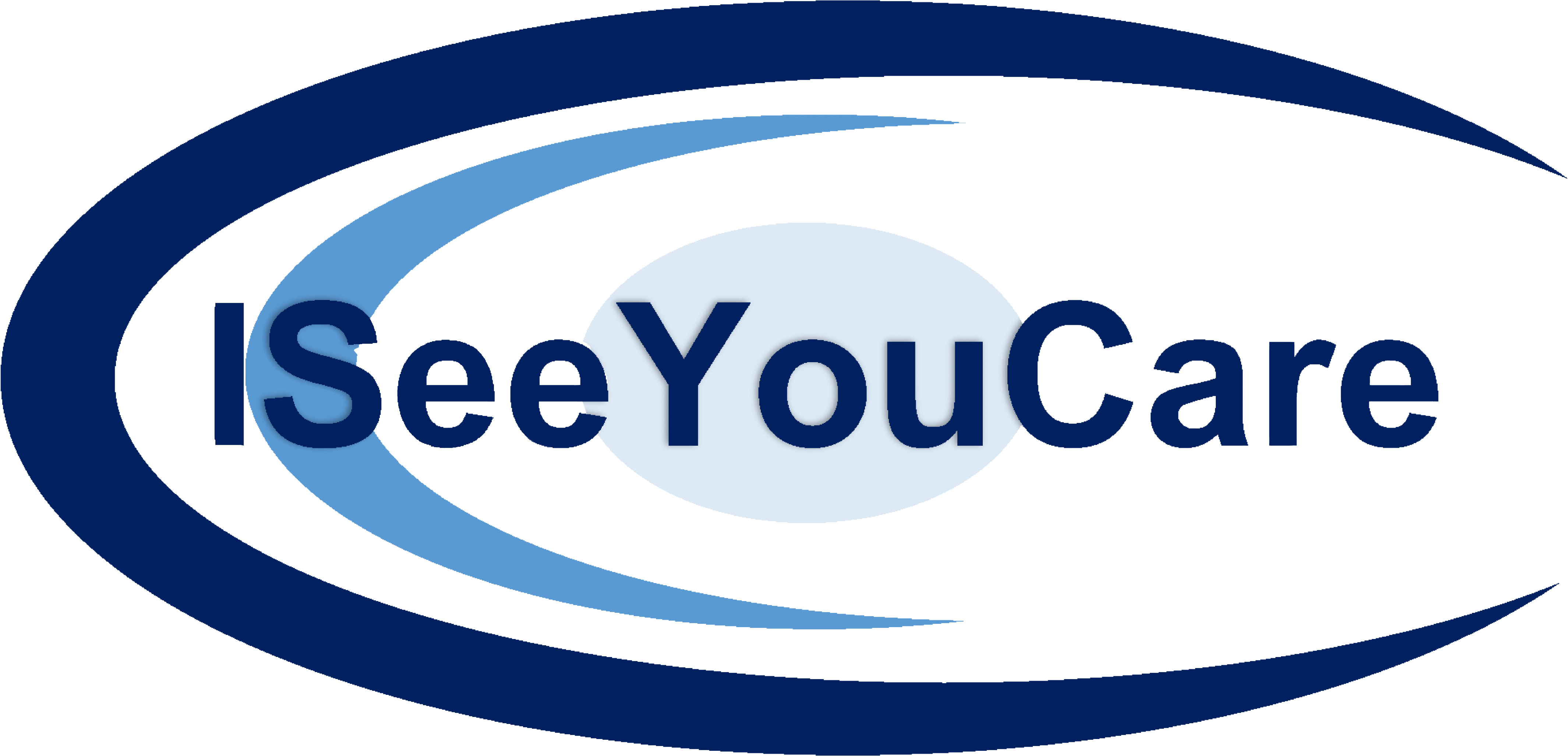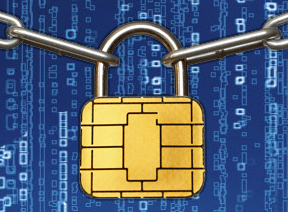The Benefits of smart cards in Healthcare have been touted for decades. Consider the following points:
- Electronically readable smart cards are one of the latest technological advances to affect revenue cycle management.
- A recent study from the Government Accountability Office (GAO) with the assistance of a contributing resource, the Workgroup for Electronic Data Interchange (WEDI), examines such inquiries within a 55-page report about how electronically readable cards can be used by both beneficiaries and providers for Medicare to replace paper cards. The GAO report confirms CMS could use electronically readable cards in Medicare to meet a variety of objectives. “Three key uses include:
- Authenticating beneficiary and provider presence at the point of care (Thus, eliminating the cost of Fraud and Abuse)
- Electronically exchanging beneficiary medical information (Thus, eliminating the cost of redundant testing.)
- Electronically conveying beneficiary identity and insurance information to providers.” (Thus, decreasing the cost of administrative time and billing.)
- There are some anticipated financial challenges. Specifically, CMS will need to modernize its claims processing systems to verify card swipes at point-of-services. Additionally, CMS will need to revise its card management processes. This includes how to issue provider cards and implementing criterion and general methods for use.
- Officials at CMS and ONC, along with stakeholders, noted that Medicare providers are already investing resources, and facing IT challenges, to meet Medicare EHR Incentive Program requirements and to update the IT systems to adopt new billing codes”. The GAO confirms financial incentives for care use are essential to encourage provider participation in previously implemented models in other European countries.
Security Implications of Smart Health Cards
Other findings related to the security of Smart Health Cards
- Aside from cost, GAO confirms electronic smart cards meet all necessary security requirements.
- Smart cards are indeed more difficult to counterfeit or copy as encryption and authentication efforts increase. PIN usage or biometric factors make using a stolen card impossible, confirms GAO.
- GAO confirms counterfeit cards are not a tangible problem. Additionally, “Officials in France told us that they chose to use smart cards as their health insurance cards, in part, because they were less susceptible to counterfeiting, and reported that they have not encountered any problems with counterfeit cards.”
- Backlogged claims processing is also a burden on resources, which is an additional strain on money. Medicare rejects or delays reimbursement for claims when beneficiaries’ identity or insurance information isn’t correct, confirms GAO.
Other research points to possible financial benefits, including smoother reimbursement efforts and more seamless record maintenance. “Using electronically readable cards to convey identity and insurance information to auto-populate and retrieve information from provider information technology (IT) systems could reduce reimbursement errors and improve medical record keeping,” maintains GAO.
ISeeYouCare’s Smart Health Card Data Management System
ISeeYouCare’s Smart Health Card Data Management System goes beyond traditional Smart Health Cards by including the patient’s Virtual Lifetime Personal Medical Record (all structured data) on the card itself. This patented technology provides capabilities beyond all other smart cards on the market. It truly provides the most benefits of Smart Cards in Healthcare
To find out more, contact us today.

